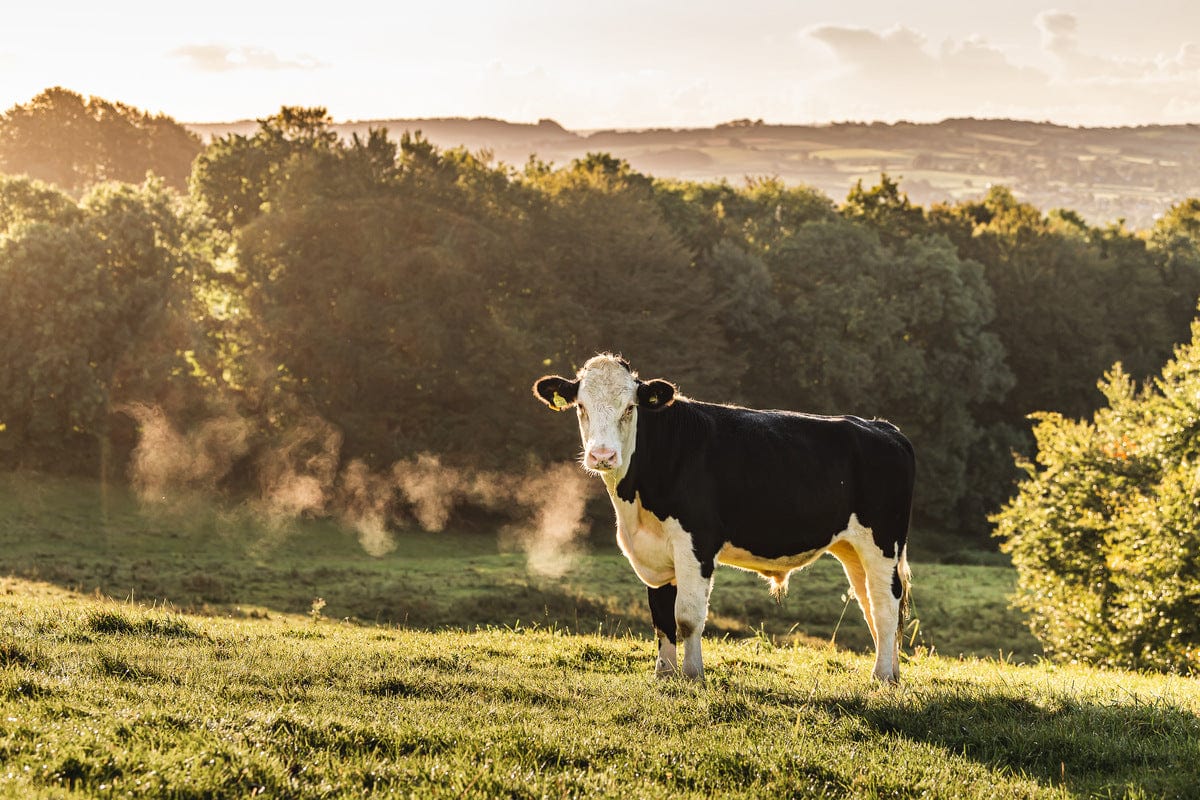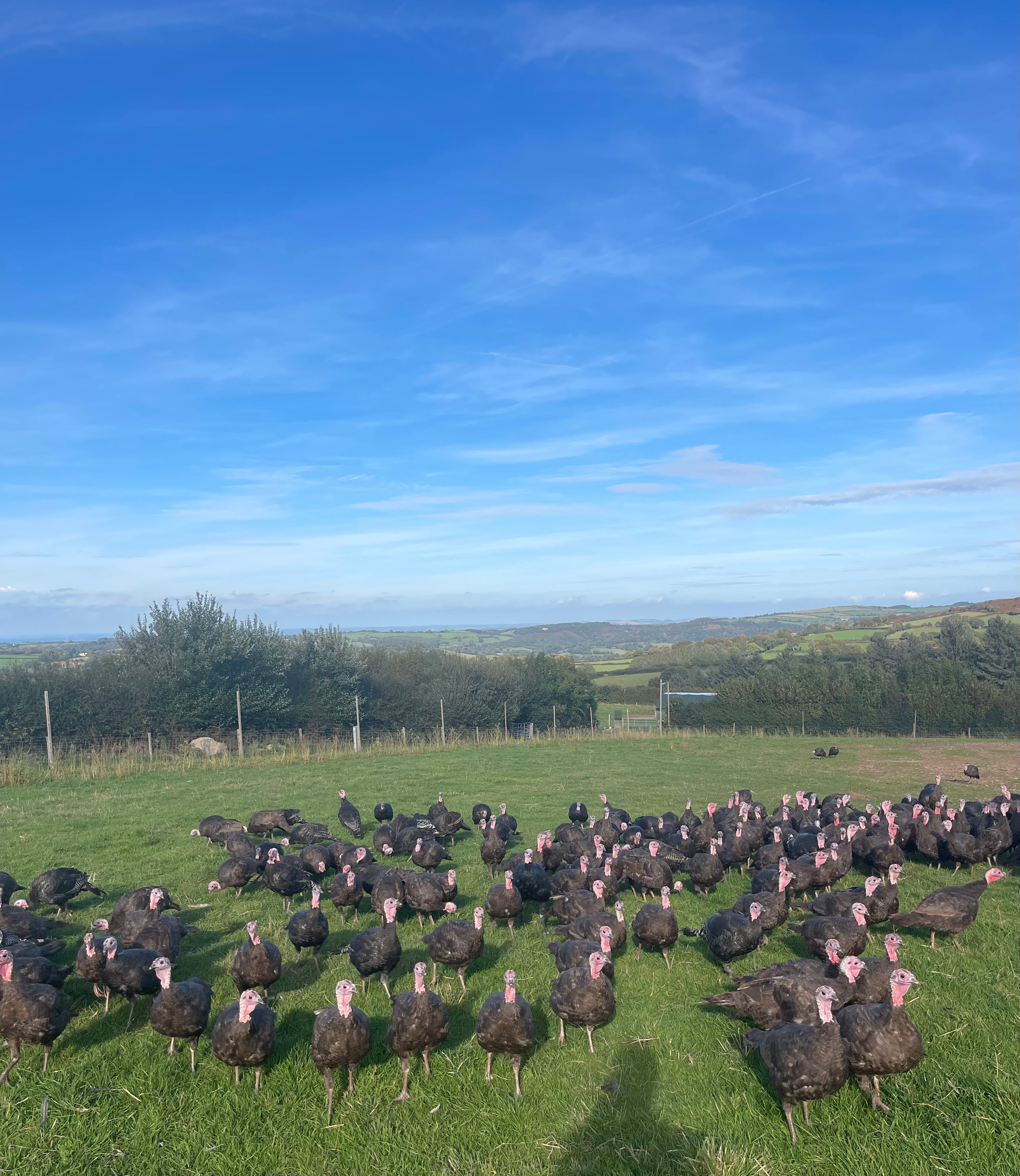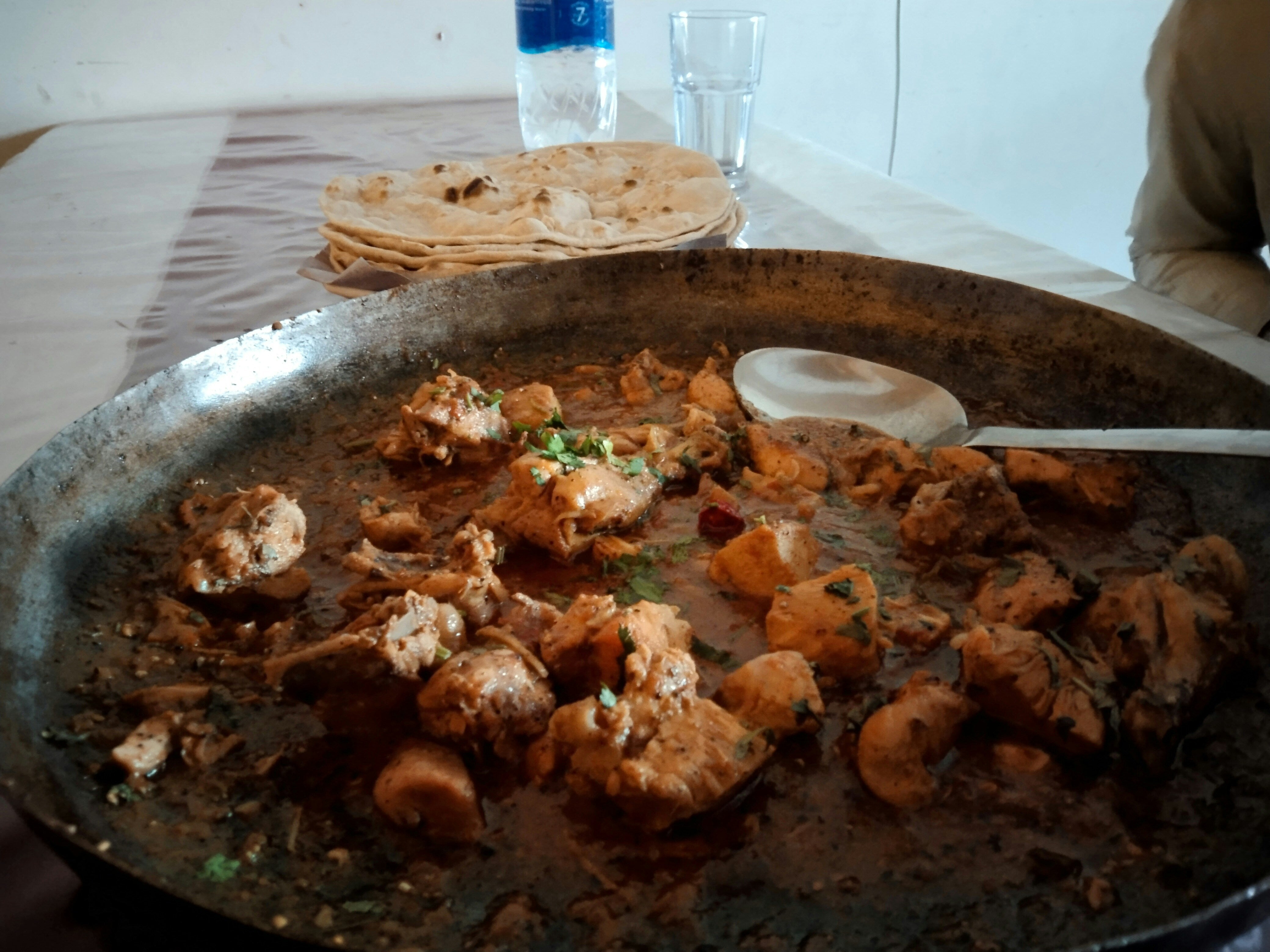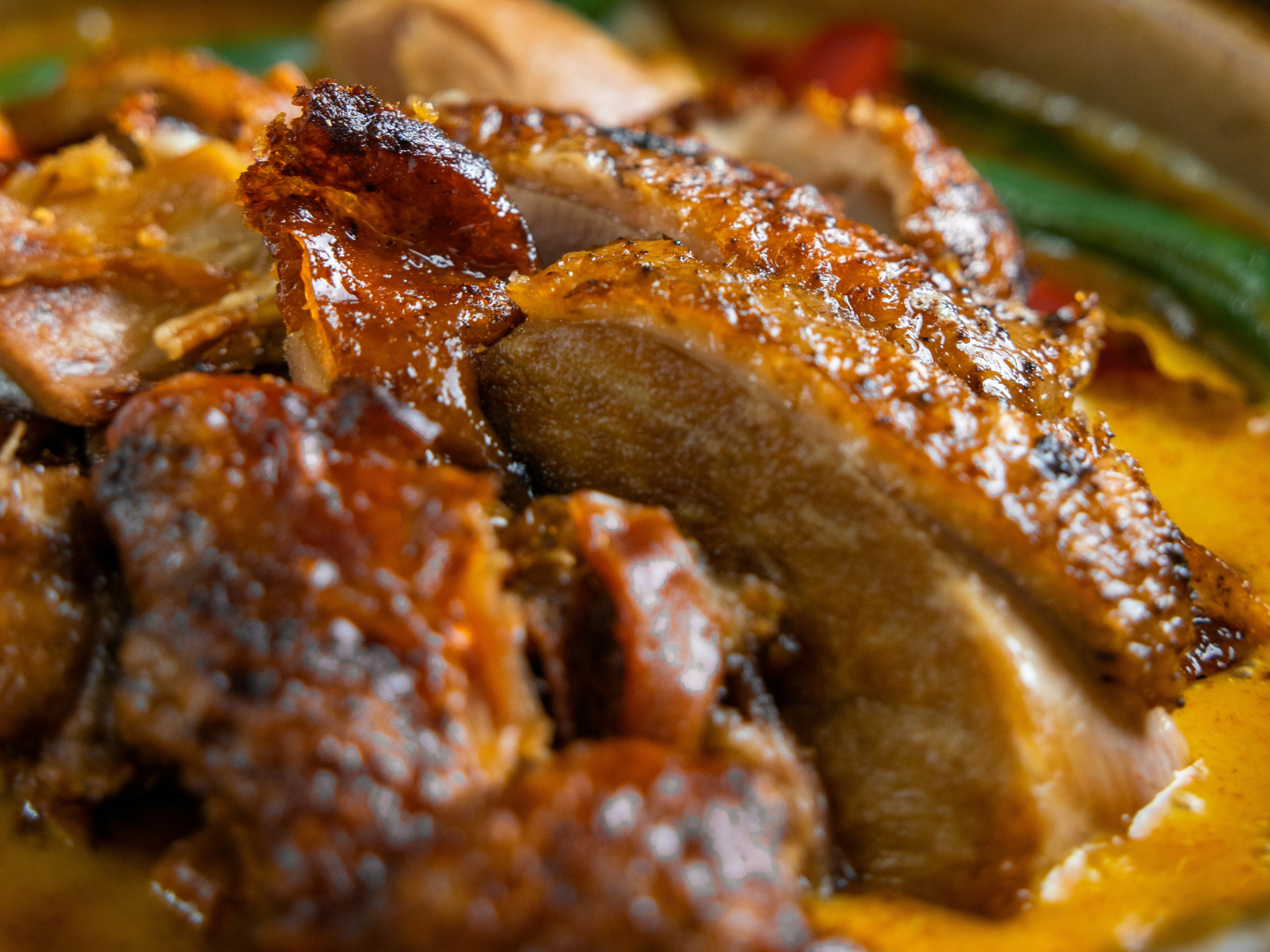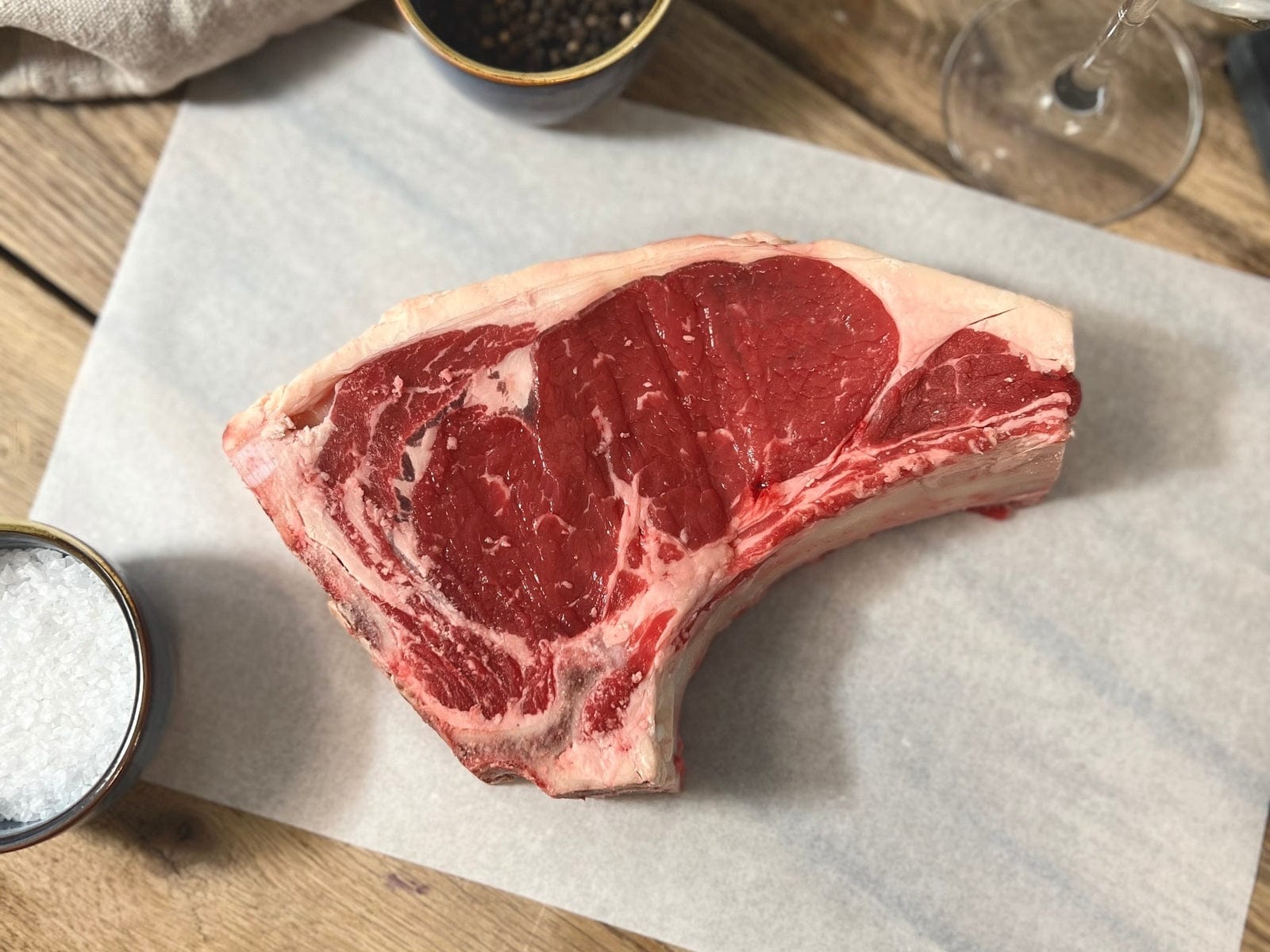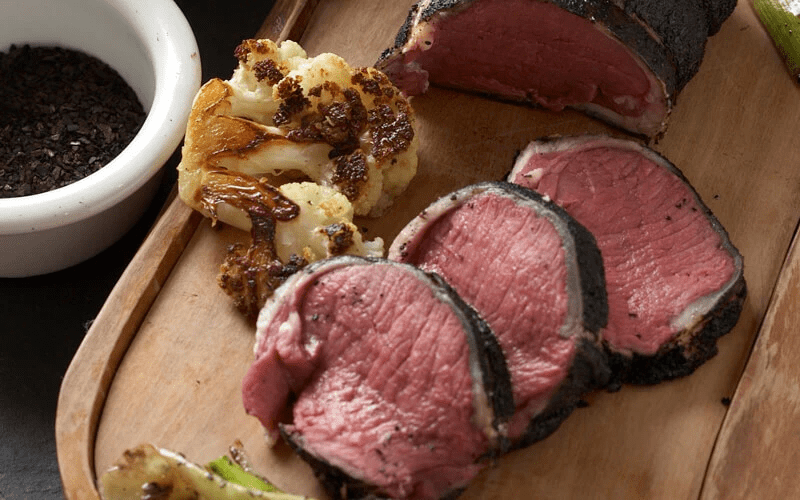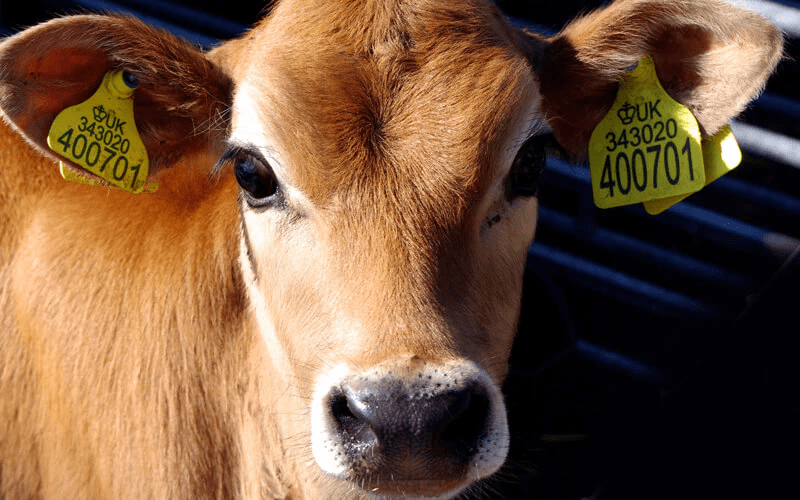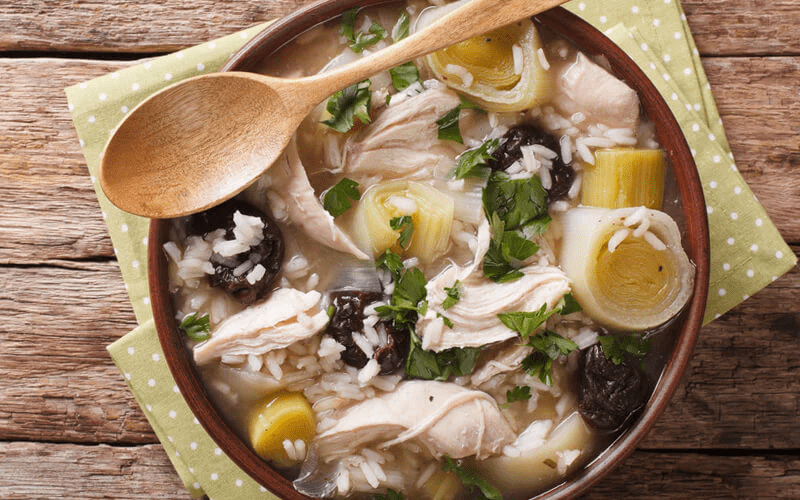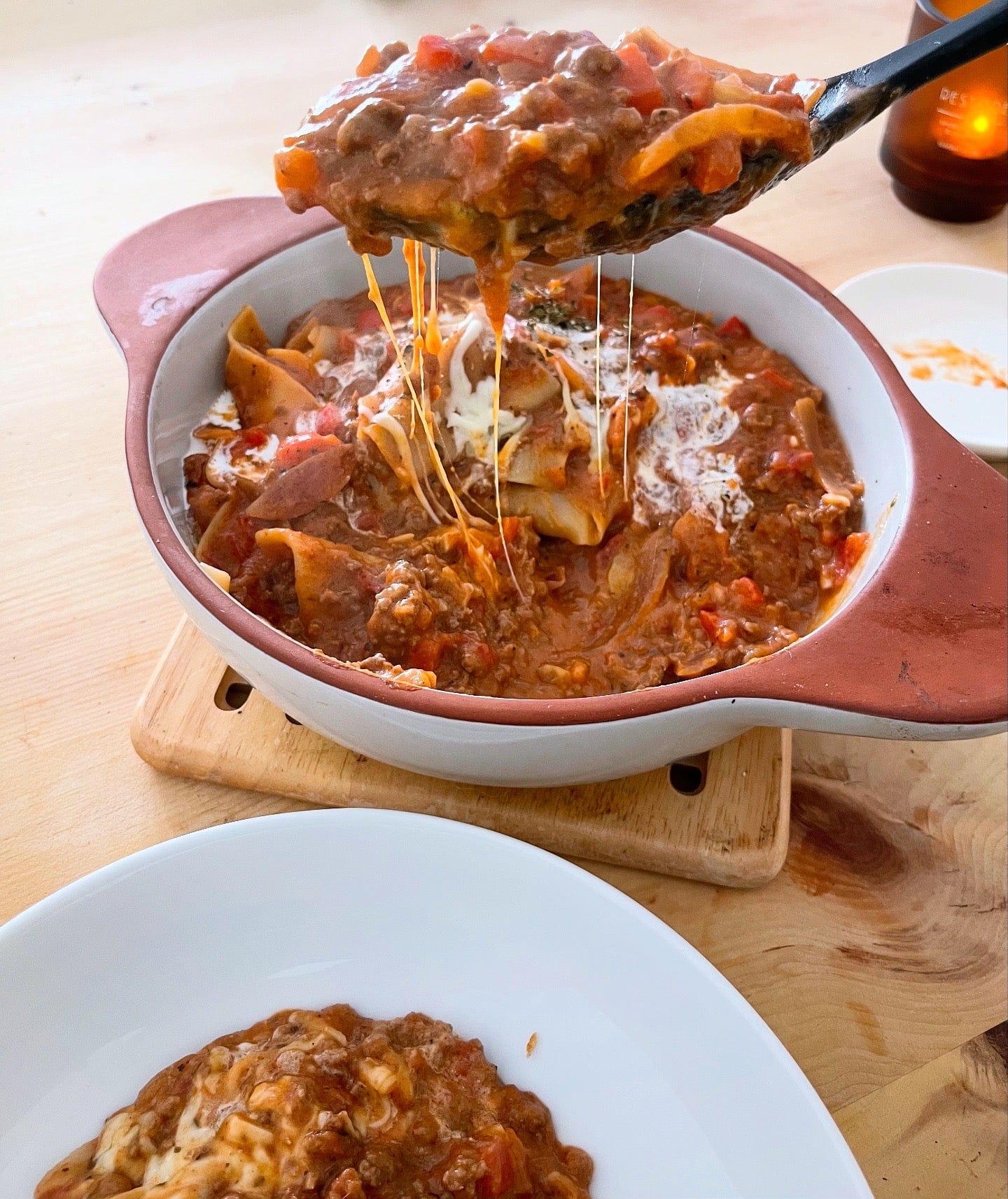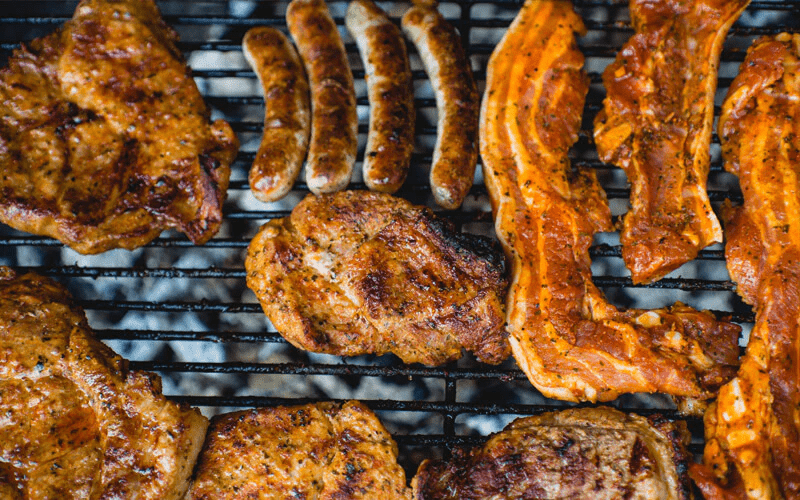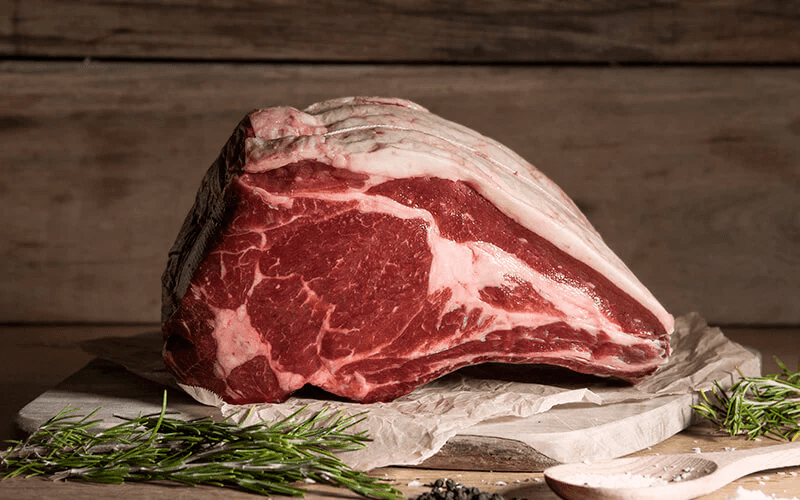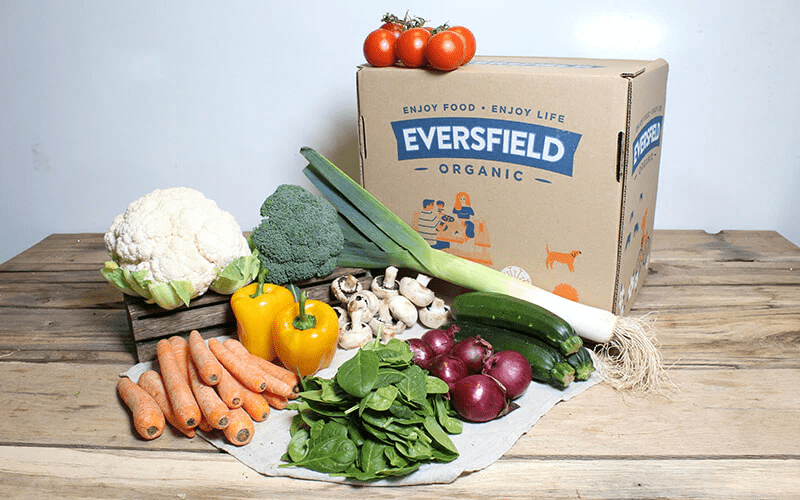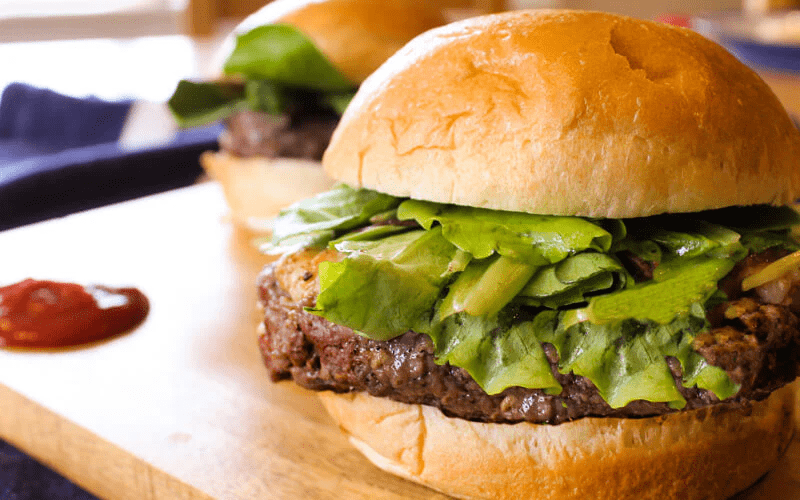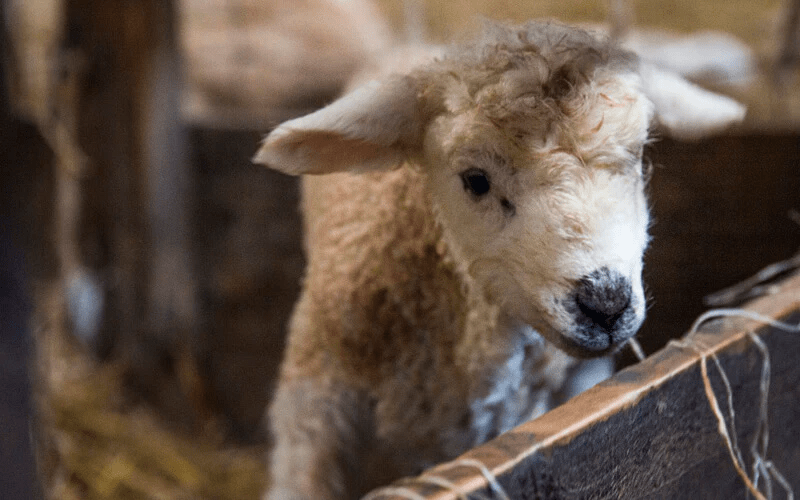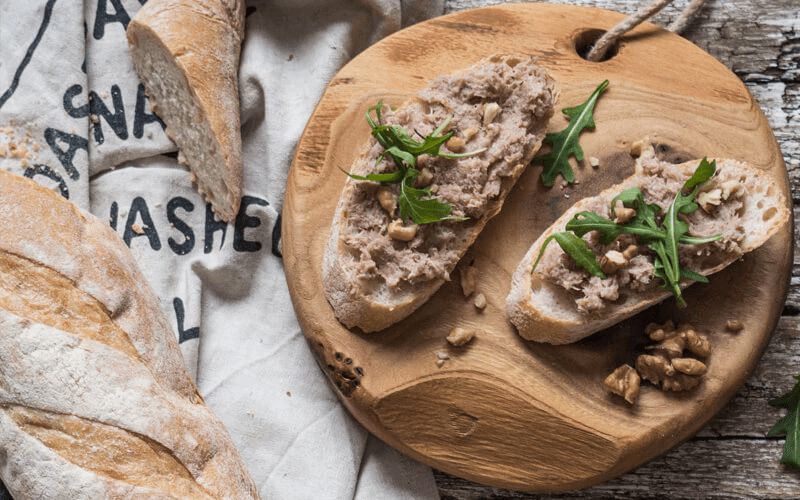Over the past decade, the number of small and family-run abattoirs in the UK has fallen sharply, creating real challenges for farmers, animals, and the wider meat industry. At Eversfield Organic, this issue touches directly on animal welfare, food miles, and the values that underpin everything we do.
What’s Happening to Abattoirs in the UK?
The UK has seen a dramatic reduction in abattoirs over the last 40 years. In the 1970s, there were around 2,500 abattoirs across the country. Today, that number has dropped to just over 200. In the past decade alone, smaller abattoirs have closed at an alarming rate, with many struggling to keep up with rising operating costs, increased regulations, and competition from large-scale corporations.
Why Is This Happening?
Several factors are driving this decline:
-
Financial pressures – Energy, staffing, and inspection costs have risen steeply, making it hard for small abattoirs to survive.
-
Regulation – While essential for safety, the cost of compliance hits smaller facilities much harder than large ones.
-
Corporate takeover – Many once family-run abattoirs have been bought out or undercut by big processors, centralising meat processing.
-
Transport & logistics – As abattoirs close, farmers are forced to travel further, increasing costs, stress on animals, and environmental impact.
The Impact on Farming and Food
The decline of abattoirs has far-reaching consequences:
-
Animal welfare – Longer transport times increase stress for livestock, affecting both welfare and meat quality.
-
Food miles – More travel means higher emissions and a greater carbon footprint.
-
Farmer costs – With fewer options, farmers often pay more to get their livestock processed.
-
Choice and resilience – The loss of small abattoirs reduces options for local butchery and threatens the viability of smaller farms.
The Organic Difference
For organic farmers, the presence of small, local abattoirs is especially important. Organic values are about short supply chains, high welfare, and sustainability — all of which rely on minimising travel miles and supporting traditional, family-run facilities. Without them, it becomes harder to uphold these standards.
Our Commitment at Eversfield
We are fortunate to work with trusted local abattoirs, including Gages in Ashburton, Devon, a family-run business that we’ve partnered with for over 20 years. Their support is crucial to our organic promise:
-
Animal welfare first – Short travel distances reduce stress and uphold our ethical standards.
-
Supporting family businesses – Working with independent abattoirs helps sustain local economies and farming communities.
-
Keeping organic accessible – Reduced food miles and strong relationships help us keep costs lower for our customers.
Why Supporting Organic Meat Matters
When you buy organic meat, you are helping sustain this fragile but vital network of local farmers, family-run abattoirs, and butchers who uphold the highest standards of welfare and sustainability. With abattoirs disappearing at such a pace, every purchase makes a difference — protecting traditional farming methods and supporting the future of British farming.


